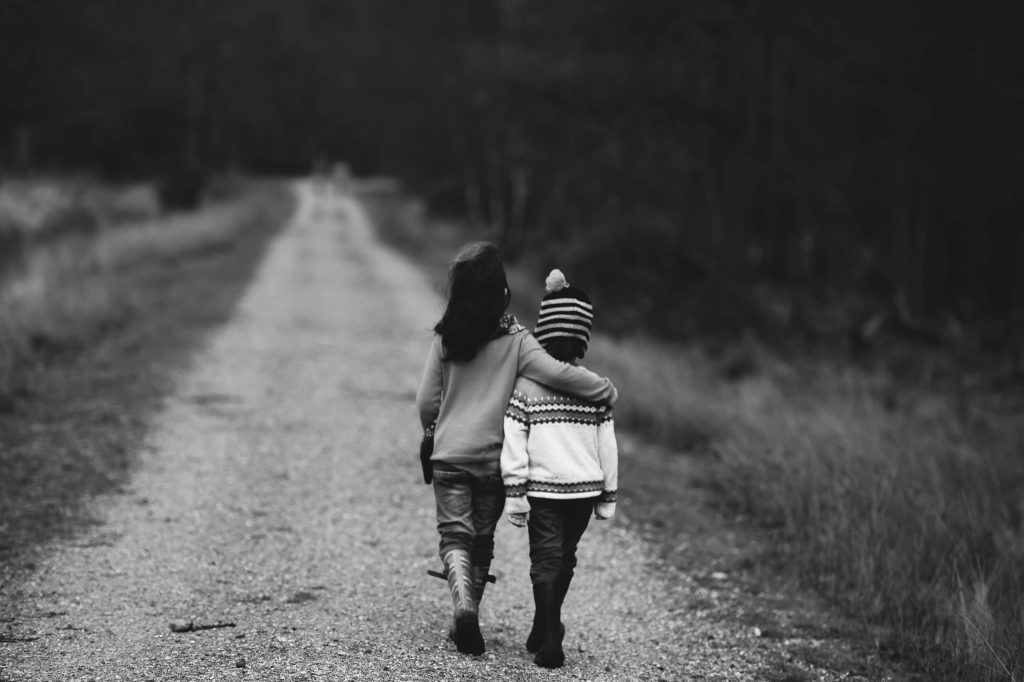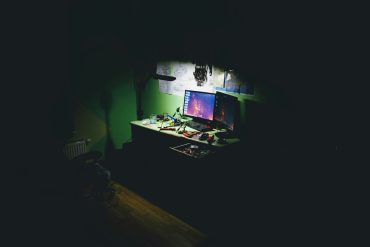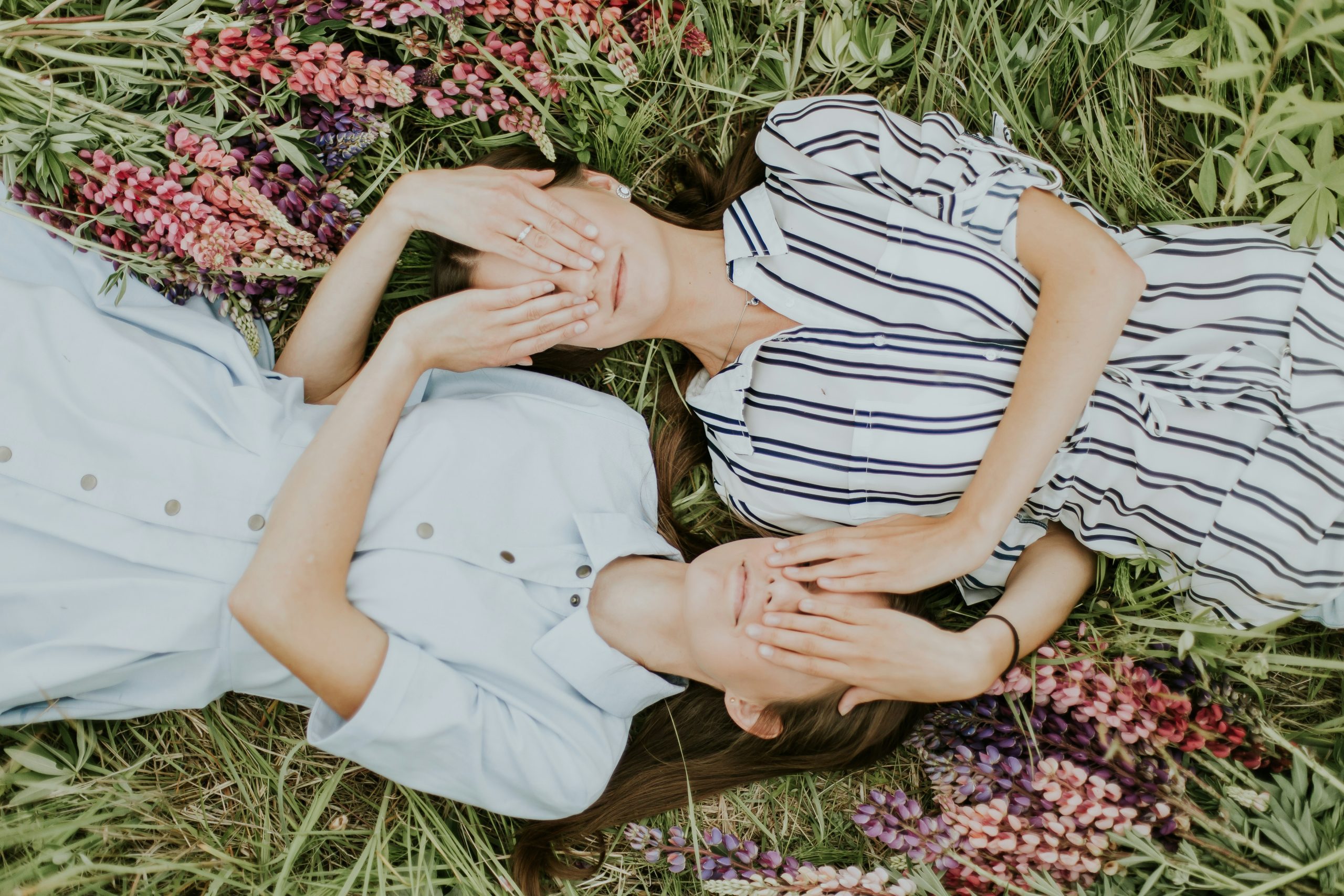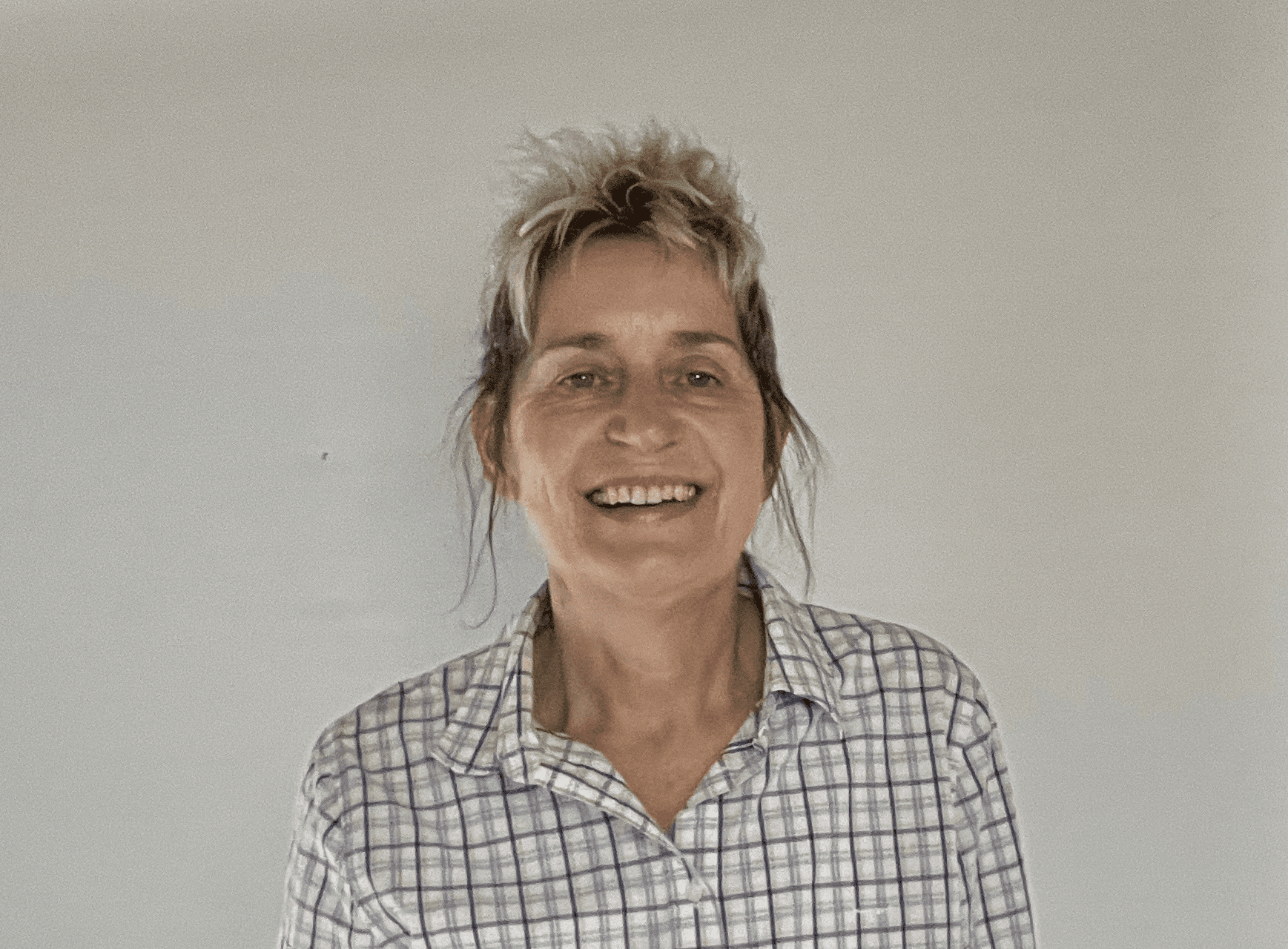A Simple Text, A Complex Reckoning: On Sisters and Queers
Author’s Memo
Written in the conversational spirit of Frank O’Hara, this poem is based on text messages between me and my sister. It is a reckoning on sisters and queers after themes of family violence, sibling disconnection and queer isolation emerge. Initially flippant, the tone is consistent with the simplicity of my sister’s first text message, but as emotions escalate, intensity builds to create a stream of consciousness effect.
‘Initially flippant, the tone is consistent with the simplicity of my sister’s first text message, but as emotions escalate, intensity builds to create a stream of consciousness effect.
As autoethnography, my subjective voice situates my work in an Australian cultural context through an ironic reference to the TV soap Neighbours, famous for its catchy theme song that applauded middle class neighbours supporting one another, as opposed to middle class families hiding violence behind closed doors with their desperate queer kids struggling with their identity. Growing up in this cultural context is further emphasised by my reference to the Australian actor Nicole Kidman. Though I infer we are of the same ilk by fondly calling her ‘our Nic,’ it is only our age that is similar. She is a model of heteronormativity. My alliance with her is a symptom of the ongoing lack of mainstream queer role models, which contributes to ongoing internalised homophobia.
‘It is a reckoning on sisters and queers after themes of family violence, sibling disconnection and queer isolation emerge.
My sister and I were divided through the fear, silence, secrecy, and shame that family violence creates. Our parent’s conflict did not strengthen our bond as we each had our own ways of reacting, and as an adult, she moved overseas. As the sister who stayed close to our mother, I suffered a deep major depression after our mother’s death. My mother’s vulnerability led to a mutual dependency and without her I was unmoored. The time after our parents’ death was also marked by increased conflict between my sister and me. It was as if we were trying to continue to assert our position as favourite child, as if we were unaware the contest had always been futile, as if our sibling rivalry was a game we could never win.
By not growing up as allies, my sister and I never developed the capacity to freely discuss my queer identity. Now, we do not tend to talk of intimate matters. Perhaps we are too burdened with misplaced shame and secrecy from family violence, or too distrustful of each other from the destructive competitiveness of our dysfunctional family dynamics.
When I refer to another Nicole Kidman movie and accuse my sister of dripping ‘easy beige Stepford happiness,’ I am expressing frustration that she lives an uncomplicated heteronormative life. Even if this is not true, she leads me to believe it from her sunny disposition and from her failure to ask about my queer experience. As sisters, how are we to wrestle our legacies? How do we talk about the queer non-acceptance, prejudice, and problematic stereotypes we grew up with? And the turning away that has led to my isolation? The universality of having coffee is no doubt a start.
‘The time after our parents’ death was also marked by increased conflict between my sister and me. It was as if we were trying to continue to assert our position as favourite child, as if we were unaware the contest had always been futile, as if our sibling rivalry was a game we could never win.

It’s late Friday night and I’ve stayed in on my own
to eat cheese on toast
and watch our Nic in ‘Being the Ricardos’
I’m flanked by three dogs and two cats
on the leather sofa
(bought in my aspirational acquisition phase)
an aesthetically pleasing
item of furniture, but not so comfortable
for the six of us all
and I’m thinking about how much love I have for these beasts of mine
though Robbie, my big Border Collie is farting like he dined on Souvlakis
when your text comes through
announcing your visit
next March, or maybe April
will I be around?
can we do coffee?
and as the gastric acid rises from my stomach
to forewarn me I’ll not sleep tonight
because of my head, my head, my head
having to thrash about all you are
no – all you and me and we are not
all we have messed up
concepts I’m less clear on since our parents died
and took their chaos with them
so I reply with a ‘sure I’ll be around
and coffee would be great’
while hoping I’ll be saved by another pandemic
eek! what fool of monster could think such a thing?
if our mother was still alive
she’d give me THAT look
as if I had the power
to mutate Omicron to a new JEN strain
THAT same look she gave if we ever let loose with a ‘fuck’ or a ‘bloody’ or a ‘shit,’
though we didn’t learn our swear words in school
remember? me on the stairs…you somewhere…I don’t know where
Mum didn’t – I guess couldn’t – censor every drama in our household
we weren’t Neighbours for fuck’s sake
though when you went to England, I bet you pretended we were
I know I did
but I only lasted there a year, not like you – who escaped for a lifetime
not that I resented you for it…
I only wanted acknowledgement I gave into
Mum’s pull – her need – y’know
after she died
I crumbled, lost and bereft
everyone thought it was because we were so close – her and I –
but after she died I lost my mirror –
which is weird when she saw a different image –
when she left, there was no one to reflect the boundaries of my being
‘Jen’s a ghost’ I heard people say
complicated bereavement turned
into major depression turned
into chronic depression
turned into
time
a
dot
marked as survival
if imagined intentions don’t count
counted as a bonus even if the glass is only half full
it’s been seven years since that hearse drove off with my insides
and I said ‘No shit Sherlock,’ to the baby-faced ED doctor
who told my ECG I had broken heart syndrome
I had to rest for three months – no running or cycling –
strenuous exercise banned to let my poor heart heal
as simple as that
but it wasn’t, was it?
you and I were so driven
to fight the fight
to take up where Mum and Dad left off
our fancy words replaced their fists
never saying what needed to be said
to bridge our enormous gulf
but now
if I was to start a real conversation with you, I’d say
we were raised in a way
that for one of us to exist the other had to not breathe
pitted against each other
in a race to seek the highest favour
but our playing fields were never level
you, sweet pretty you, dripping your easy beige Stepford happiness
and odd little me – the queer one – a mind at war with a body –
I didn’t share with you growing up
anything truthfully
like who I wanted to love
and why I only wanted to wear jeans and look like the boy
you teased me of being
and so as we grew older
it was you, who called me ‘emotionally immature’ instead of ‘sensitive soul’
and me who called you ‘deserter’ instead of ‘survivor’
and now we bury our despair
with our rage
and fears
imagine if we discussed all you are
all you and me and we are not
Credits
Featured image by Daiga Ellaby for Unsplash
Image by Annie Spratt for Unsplash
Learn More
New to autoethnography? Visit What Is Autoethnography? How Can I Learn More? to learn about autoethnographic writing and expressive arts. Interested in contributing? Then, view our editorial board’s What Do Editors Look for When Reviewing Evocative Autoethnographic Work?. Accordingly, check out our Submissions page. View Our Team in order to learn about our editorial board. Please see our Work with Us page to learn about volunteering at The AutoEthnographer. Visit Scholarships to learn about our annual student scholarship competition
Jen Majoor lives on Wadawurrung country in Australia. She is a past recipient of the Writers Victoria Grace Marion Wilson Regional Writers Award and was previously longlisted in the Queensland Writers Centre Publishable Manuscript Development Program. She finds inspiration in long walks with her dogs on the beach and is currently writing a thesis on love funded by an Australian Government Research Training Scholarship.










